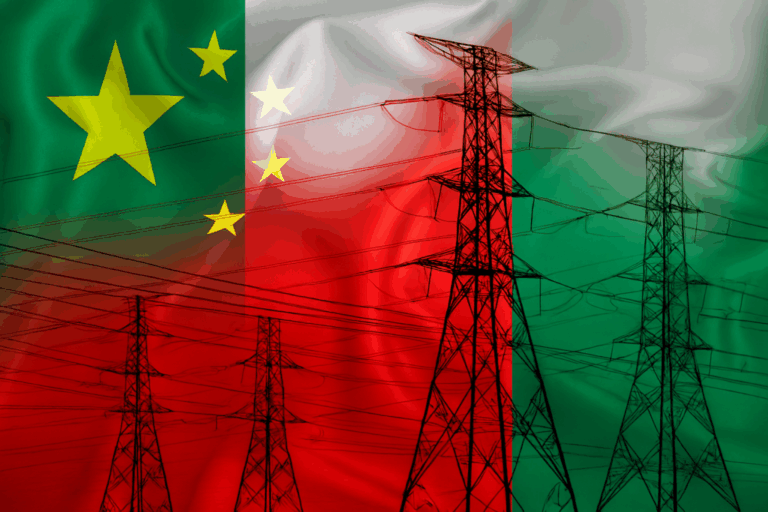Nigeria is embarking on one of its most ambitious infrastructure projects yet — a $2 billion “super grid” designed to end the country’s decades-long struggle with erratic electricity and restore investor confidence in its industrial sector.
Minister of Power, Adebayo Adelabu, announced the plan during the Nigerian Economic Summit in Abuja, describing it as a “strategic reset” for Africa’s most populous nation. The new grid, he said, will connect the eastern and western power corridors — the heart of Nigeria’s manufacturing and commercial activity — with advanced transmission technology capable of delivering steady electricity nationwide.
From Chronic Blackouts to Grid Renewal
For years, Nigeria’s national grid has been a symbol of dysfunction — an outdated network delivering less than 4 gigawatts to more than 200 million people, despite a 13-gigawatt installed capacity. Repeated collapses, obsolete infrastructure, and overreliance on generators have driven up industrial costs and stifled economic growth.
“This project will reconnect industries that left the grid due to instability and help rebuild confidence in our energy supply,” Adelabu said.
The financing talks with China’s Export-Import Bank (EximBank) are in their final stages, with the Federal Executive Council already approving the project’s framework.
China’s Deepening Footprint in Nigeria’s Power Sector
The deal underscores China’s expanding role in Africa’s energy transformation. Beyond the super grid, Nigeria has attracted over $1 billion in power sector financing from the African Development Bank, $70 million from the International Finance Corporation (IFC) for mini-grid expansion, and $328 million from Chinese engineering firm CMEC for network upgrades.
In addition, a 2023 Memorandum of Understanding with three Chinese firms will inject another $2 billion into power and digital infrastructure — part of a broader cooperation that includes a $2 billion currency swap renewed in 2024.
Tariff Reforms Spark Financial Recovery
Recent tariff reforms have improved liquidity in the power sector, with revenues rising by 70 percent in 2024 and projected to climb an additional 41 percent this year, reaching ₦2.4 trillion. The reforms, though controversial, are central to the government’s effort to create a sustainable, investor-friendly electricity market.
“These adjustments are not about burdening consumers; they are about saving the industry from collapse and funding real improvements,” Adelabu explained.
A Strategic Play for Regional Power Leadership
More than just a domestic upgrade, the super grid represents Nigeria’s ambition to become West Africa’s energy anchor. Once completed, it will enable the country to export electricity to neighboring states under the West African Power Pool (WAPP) initiative — a move that could redefine regional energy dynamics.
President Bola Tinubu has placed energy reform at the center of his economic agenda, seeing reliable power as the foundation for industrialization and job creation.
“The super grid is more than an engineering project,” Adelabu noted. “It is a statement that Nigeria is ready to power its own future — and lead Africa’s energy renaissance.”

